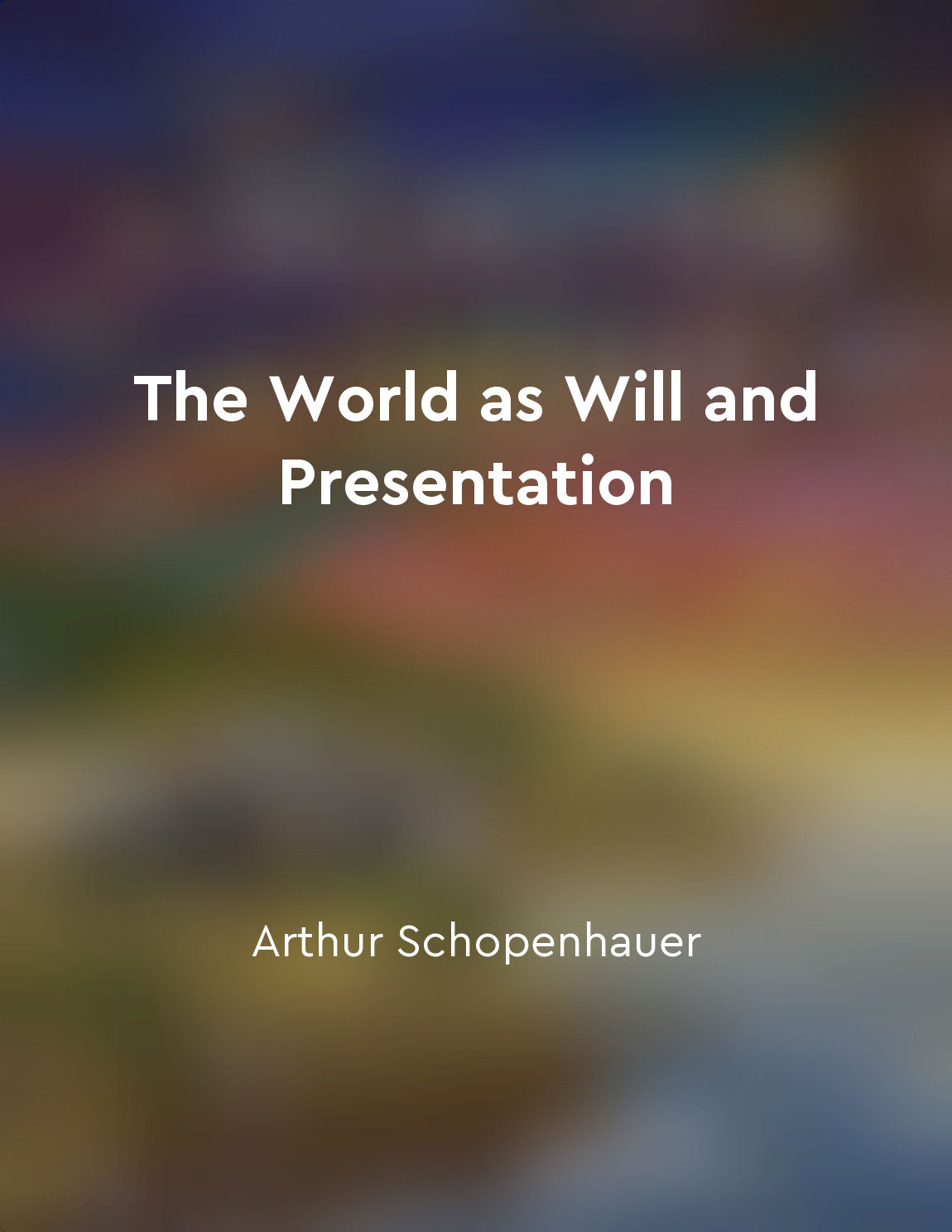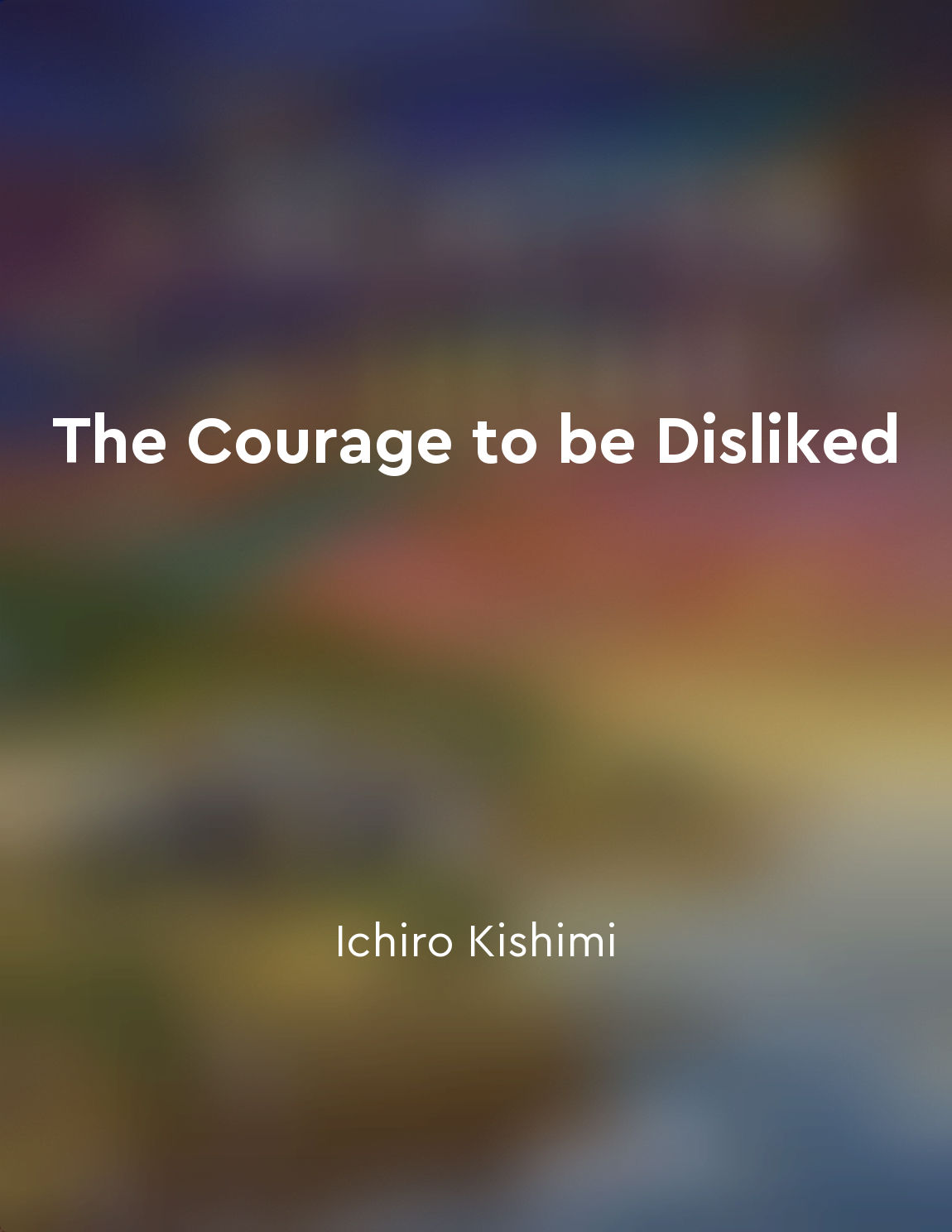Audio available in app
The self is a dynamic center of consciousness from "summary" of Time and Free Will (Annotated Edition) by Henri Bergson
This idea of the self as a dynamic center of consciousness is crucial to understanding Bergson's theory of time and free will. According to Bergson, the self is not a static entity but rather a constantly evolving and changing center of consciousness. It is dynamic in the sense that it is always in motion, always in flux. This dynamic nature of the self is what allows us to experience time in the way that we do. Time, for Bergson, is not a fixed and unchanging entity but rather a fluid and evolving reality. It is the self, as a dynamic center of consciousness, that allows us to perceive and experience this fluidity of time. Our experience of free will is also intimately tied to this concept of the self as a dynamic center of consciousness. Bergson argues that our sense of free will arises from our ability to act in accordance with our inner nature, our dynamic center of consciousness. It is this dynamic self that gives us the freedom to make choices and decisions in the world.- Bergson's theory of time and free will hinges on the idea that the self is a dynamic center of consciousness. This concept underpins his entire philosophy and provides the foundation for his understanding of the nature of time and the human experience of free will. By recognizing the self as dynamic and constantly evolving, we can begin to grasp the profound implications of Bergson's ideas for our understanding of the world and ourselves.
Similar Posts

The importance of aesthetics in shaping our perceptions
The aesthetic experience plays a significant role in shaping our perceptions of the world around us. Through aesthetics, we are...

Communicate assertively and respectfully
When we communicate with others, it is important to do so assertively and respectfully. This means expressing our thoughts and ...
The creative process requires both focus and openness
To fully engage in the creative process, one must possess a delicate balance of focus and openness. This delicate balance is es...

Cognitive revolution enabled humans to cooperate in large numbers
With the cognitive revolution, Homo sapiens underwent a transformation that enabled them to cooperate in much larger numbers th...
Being must be interrogated from multiple angles
To truly understand Being, one must approach it from various perspectives. This multifaceted interrogation is essential in orde...
Sartre's belief in radical freedom means that we are always responsible for our actions
Sartre's philosophy revolves around the notion that humans are fundamentally free. This radical freedom means that we have the ...
Embrace impermanence as natural rhythm of life
The understanding of impermanence is not a morbid philosophy, but rather a profound insight into the nature of existence. It is...

